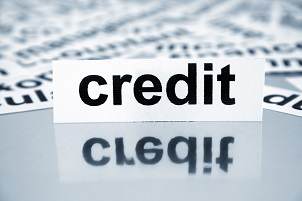
Learn How to Re-Establish Good Credit After Personal Bankruptcy
When you make it through the personal bankruptcy process and you’ve been discharged from your debt responsibilities, the first order of business is to re-establish good credit. There aren’t any rules for how to do this, and how quickly you’re able to re-establish good credit will depend upon a host of factors. In this issue, we’ll share a few strategies for re-establishing yourself with good credit.
Personal Bankruptcy Does Not Ruin Your Financial Future
While it’s true that you’ll probably have to pay higher interest rates for about 7-10 years while the bankruptcy stays on your credit report, rest assured that it’s not the end of the world. Want proof? In 2014, the Federal Reserve Bank of Philadelphia issued a report with findings that people who filed for Chapter 7 personal bankruptcy protection had a collective average credit score of 538. About 6-8 months after their bankruptcies were finalized, the average credit score rose to 620.
Steps to Re-Establish Good Credit
- Pull your credit report and clear up any mistakes that are on it. As we wrote in a previous issue, you’re entitled to one free credit report each year. Clearing up any errors on your credit report is essential is building back your credit worthiness.
- Commit to paying bills on time. Paying your bills on time is one of the most powerful ways to show that you’ve learned from previous mistakes about financial matters. If you don’t have enough funds to pay for all your bills, prioritize them. A missed mortgage or rent payment – which is being tracked now – can do serious damage to your credit score.
- Go with a secured credit card. Secured cards work like this: you deposit a bit of money that acts as your credit limit. When the bill arrives, you simply pay it as you would a normal credit card. The good news about secured credit cards is that many of them are reported as unsecured card.
- If you’re thinking of closing other credit accounts, DON’T! Swearing off credit cards may sound like a good idea, but closing the accounts can do more harm than you think. That’s because closing the accounts will actually decrease the credit amount that’s available to you. Rather than closing an account, simply cut up the card instead.
Take Charge of Your Battle With Crippling Debt; Call The Oswalt Law Group in Arizona
For more advice about coping with crippling debt, get in touch with us here at The Oswalt Law Group. We have offices in Phoenix, Tempe and Peoria. The first consultation is always free, so call us at 602-225-2222.
